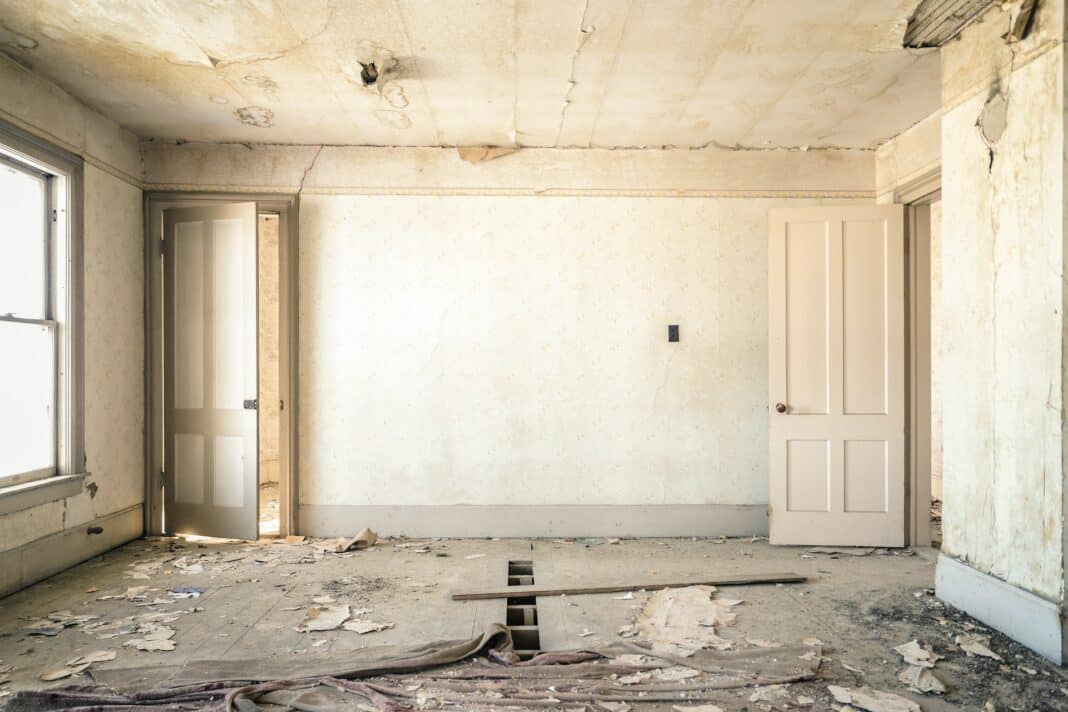In recent years, Manchester has emerged as a dynamic hub for business, witnessing an unprecedented surge in various sectors including technology, finance, and creative industries. This economic upswing has positioned Manchester as a key player in the UK’s business landscape and triggered significant changes in the city’s housing market. Among these changes, one of the most notable is the impact on home renovation costs.
This article aims to unravel the intricate relationship between Manchester’s booming business sector and the evolving trends in home renovation costs. As businesses flourish and new professionals flock to the city, the demand for upgraded and modernized housing has escalated, consequently influencing the cost and scope of home renovations. We will explore how the changing demographics, driven by business growth, reshape homeowner preferences and the local renovation market.
Our focus will be on providing a comprehensive overview of the current trends in home renovations within Manchester, and how these are intertwined with the city’s economic growth. By analyzing the data and trends, we aim to offer valuable insights for homeowners, investors, and businesses alike, who are navigating this rapidly evolving landscape. Join us as we explore how Manchester’s business success story is rewriting the narrative in the city’s real estate and renovation sectors.
Manchester’s Business Growth and Its Influence on the Housing Market
Manchester’s business sector has experienced remarkable growth in recent years, becoming a beacon for technology, finance, and creative arts industries. This surge in economic activity has significantly influenced the city’s housing market, notably affecting the cost of house renovation.
Overview of Business Growth in Manchester
- Key Driving Sectors: The city’s transformation into a tech and finance hub has brought many businesses and startups. For example, the development of MediaCityUK has made Manchester a magnet for creative industries, significantly contributing to the local economy.
- Employment and Population Growth: With business expansion comes increased employment opportunities. This growth has attracted professionals from various regions, leading to a population surge in Manchester and a higher demand for quality housing.
The Ripple Effect on the Housing Market
- Increased Demand for Housing: The influx of new residents and professionals seeking accommodations has heightened the demand for housing in Manchester. This demand has been a significant factor driving up property values and rental rates across the city.
- Influence on Renovation Trends and Costs: The desire for modern, updated living spaces grows as more people move into Manchester for business opportunities. Homeowners and investors are responding by renovating properties, leading to an increase in the cost of house renovation. The trend leans towards creating spaces that cater to modern lifestyles, incorporating home offices and high-tech amenities.
- Changing Demographics and Preferences: The demographic shift towards a younger, more professional population has altered homeowner preferences. There’s a noticeable trend towards renovations that reflect contemporary design and sustainable living, further influencing the type and cost of renovations.
Summary
The symbiotic relationship between Manchester’s booming business sector and housing market is evident. The city’s economic growth has increased the demand for housing and raised living spaces’ standards and expectations, subsequently impacting the cost of house renovations. This trend reflects a broader change in urban development, where business growth and housing market dynamics are deeply interconnected.
Trends and Changes in Home Renovation Costs
As Manchester continues to flourish as a business hub, the landscape of home renovations has evolved, with notable trends and changes in renovation costs becoming increasingly apparent. This section explores these trends and their implications for homeowners and investors in the city.
Current Trends in Home Renovations
- Focus on Modern Lifestyle Amenities: There’s a growing trend towards incorporating amenities that cater to a modern lifestyle. This includes adding home offices, advanced home automation systems, and eco-friendly upgrades, reflecting the changing needs of Manchester’s increasingly tech-savvy and environmentally conscious population.
- Preference for Contemporary Design: Renovations lean towards contemporary designs with clean lines, open spaces, and minimalistic aesthetics. This shift is not just about style but also functionality, catering to the preferences of a younger demographic drawn to the city’s business opportunities.
Impact on Renovation Costs
- Increased Demand Leading to Higher Costs: The surge in renovation activities, spurred by the business boom and changing homeowner preferences, has increased the cost of house renovations. Demand for skilled labor, quality materials, and specialized contractors has risen, increasing prices.
- Variation in Costs Based on Renovation Type: The cost of renovations varies significantly based on the type and scale of the project. For example, adding a home office or upgrading a kitchen with high-end appliances and finishes can be considerably more expensive than essential cosmetic updates.
- Material Costs and Availability: The global economic climate, including supply chain disruptions, has impacted material costs and availability. This, in turn, affects the overall budget for home renovations in Manchester, with homeowners and investors needing to factor in these external influences.
Summary
The trends in home renovations in Manchester reflect the city’s dynamic growth and the evolving preferences of its residents. With the business sector’s expansion, the demand for modern, stylish, and functional living spaces has increased, leading to a rise in renovation costs. Homeowners and investors in Manchester’s property market must stay attuned to these trends and cost implications to make informed decisions about their renovation projects. Understanding these dynamics is key to ensuring that investments in property upgrades are both timely and cost-effective.
Conclusion: Embracing the New Era of Home Renovations in Manchester’s Business Landscape
As we conclude our exploration of the dynamic interplay between Manchester’s booming business sector and the changing landscape of home renovations, it becomes clear that the city is experiencing a significant transformation. The influx of businesses and professionals into Manchester has not only reshaped the urban fabric but has also profoundly impacted the real estate market, particularly in home renovations.
Key takeaways from this article include the recognition that modern lifestyle demands and contemporary design preferences are increasingly influencing home renovations in Manchester. This shift directly responds to the changing demographics and needs of the city’s growing population, many of whom are drawn by the thriving business environment. Additionally, the rise in renovation costs reflects these evolving trends and the broader economic factors affecting the construction and real estate sectors.
Understanding these trends is crucial for homeowners, investors, and businesses in Manchester. Staying informed about the latest developments in home renovations, including cost implications and popular design choices, is key to making informed decisions for personal living spaces or investment properties.
As Manchester grows and evolves as a business hub, the ripple effects on the housing market and renovation costs are likely to continue. Navigating this landscape requires a balance of innovation, awareness of market dynamics, and a strategic approach to property upgrades. Embracing this new era of home renovations is not just about adapting to change but seizing the opportunities it presents in Manchester’s vibrant and ever-evolving business landscape.



